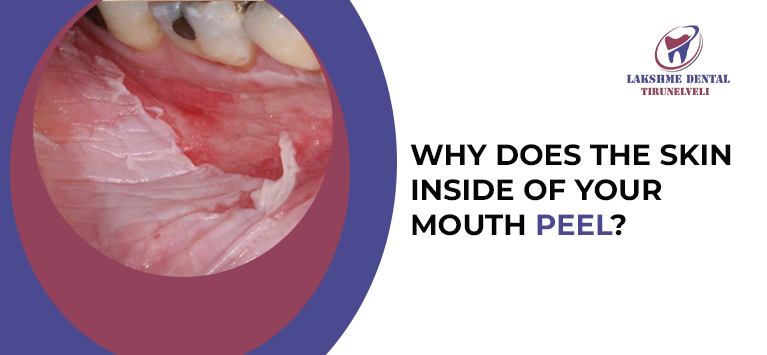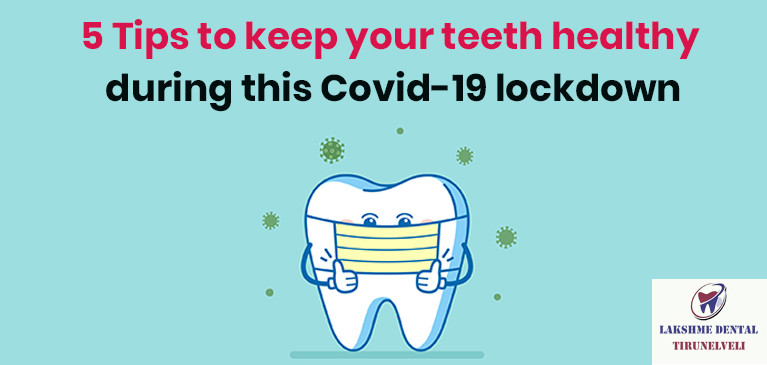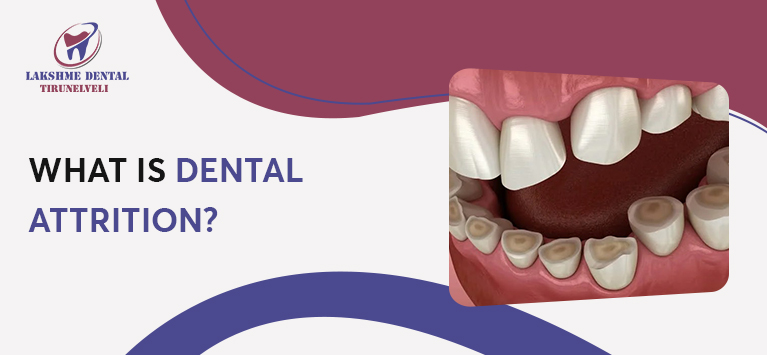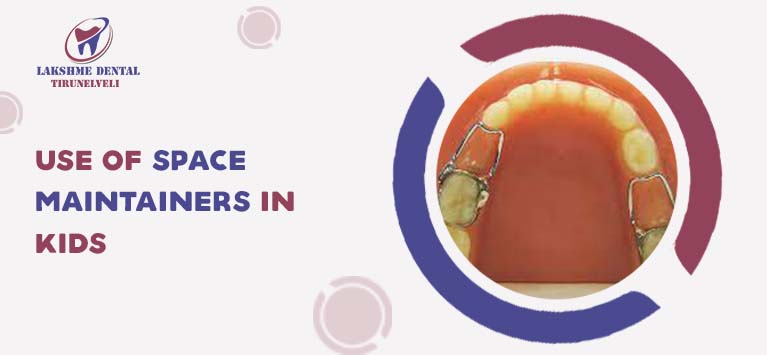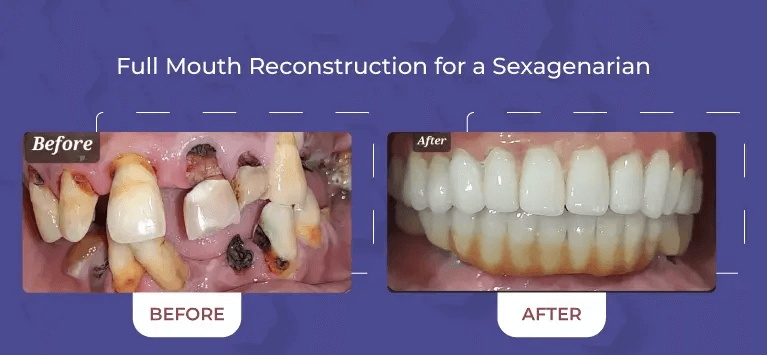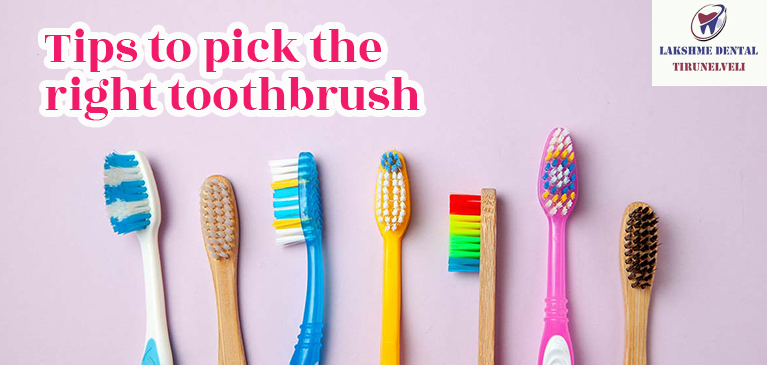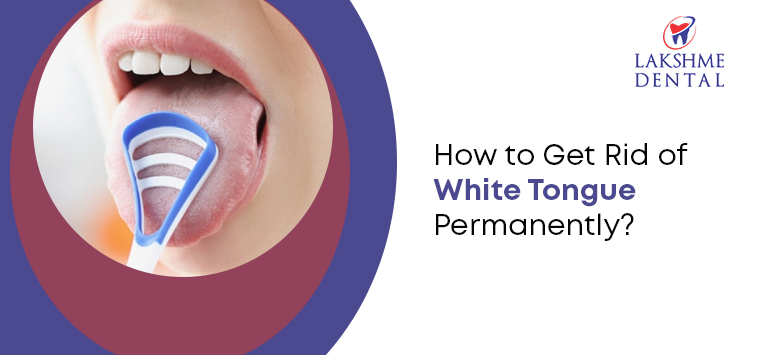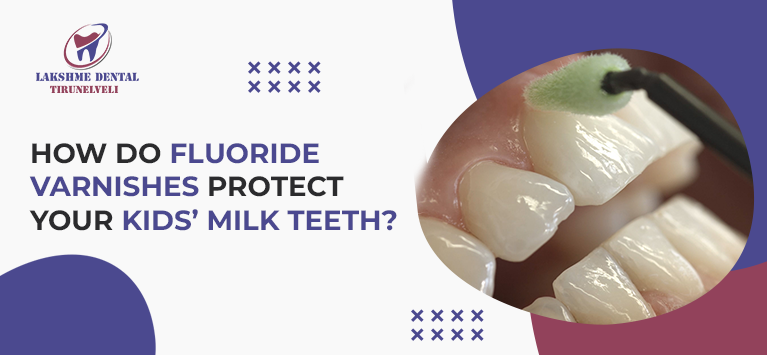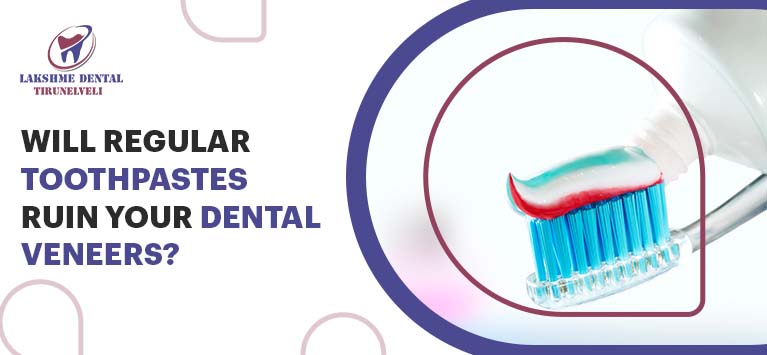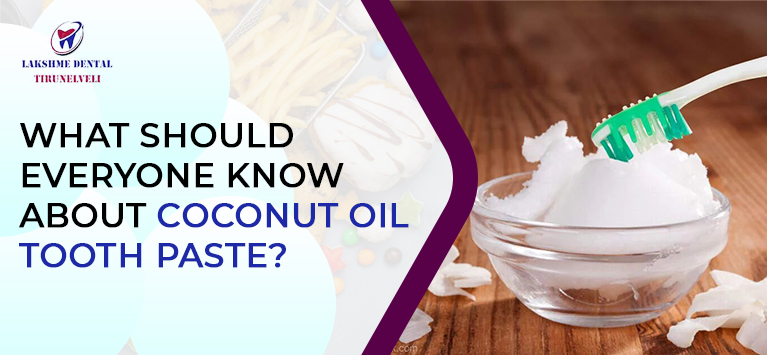
What Should Everyone Know About Coconut Oil Toothpaste?
Coconut oil is comprised of fatty acids our body needs. It is used as an active ingredient in a wide range of products such as moisturizing creams, hair products, deodorants, etc. Likely, coconut oil-infused toothpaste is likewise growing in popularity these days.
Do you want to learn more about using coconut oil as toothpaste? Keep reading.
How does coconut oil toothpaste help your dental health?
Coconut Oil is a rich source of lauric acid that provides extractive anti-microbial & anti-inflammatory properties. Besides lauric acid, coconut oil contains various medium chain acidic substances like caproic, caprylic, oleic, myristic, palmitic, linoleic, and so on. Researches have shown that these acids will support your dental and gut health.
There is an Ayurvedic practice called “Oil Pulling”. It involves rinsing your mouth with a few drops of coconut oil. Even though its advantages are not scientifically proven, many dentists believe that it would eliminate the harmful toxins from our mouths. To put it simply, coconut oil is highly nutritious and promotes our oral health as well.
What are the advantages of coconut oil toothpaste?
Coconut oil is a natural & affordable way to reduce bacteria buildup in your mouth, which will help you avoid a variety of dental problems. Furthermore, oral hygienists reveal that coconut oil toothpastes, coconut oil-infused toothpastes are more beneficial than the synthetic toothpastes you are currently using.
Here are some instances:
1) Devoid of toxic substances
The regular toothpastes available in retail have some chemical additives to ensure it is foamy and have a pleasant taste. Such superfluous chemicals are irritants for the oral tissues hence that sores will occur. In contrast, coconut oil toothpastes are composed of natural substances hence that they would not influence your teeth and oral tissues badly.
2) Prevent Cavities
As discussed earlier, coconut oils have plenty of saturated fats. They are powerful to interfere with the metabolism of cavity-forming bacteria for microbial invasion. It means regular use of coconut toothpaste protects your teeth from getting decayed.
3) Maintains Taste Sensation
Toothpastes contain a small amount of surfactants (detergent agents) like sodium lauryl sulfate. Apart from creating foam, they tend to lower liquid surface tension created by saliva inside the mouth so the toothpaste can reach all areas of the teeth. However, it interferes the functioning of taste buds by collapsing the phospholipids in the tongues. This is the reason why you sense a bad taste in your mouth after brushing.
The coconut toothpastes have no surfactants so this cleaning agent will not affect your sense of taste.
4) Balance the mouth’s acidic level
Whenever there is a pH imbalance inside your mouth, it causes an acidic environment. It is followed by demineralizing the teeth and even enamel erosion will occur. Certain ingredients in synthetic toothpastes can also trigger acidic pH levels. The combination of baking soda and fatty acids in coconut oil helps maintain the acidity of your mouth.
Is it possible to make DIY coconut oil toothpaste?
Preparing coconut oil toothpaste at home is not a tedious thing. You can prepare it by simply blending coconut oil, baking soda, peppermint essential oil, and bentonite clay in the right proportions in a jar.
Meanwhile, the coconut oil toothpastes available on retails are infused with fluoride which is a natural mineral and is essential to remineralize your teeth enamel.
Bottom line
Coconut oil toothpaste will suit the needs of those who are looking for chemical-free teeth cleaning agent. In the meantime, some people may experience allergic responses to this toothpaste since coconut oil contains saturated fats.
Hence we advise you to talk to your dentist before switching to this natural toothpaste from your current brand.

